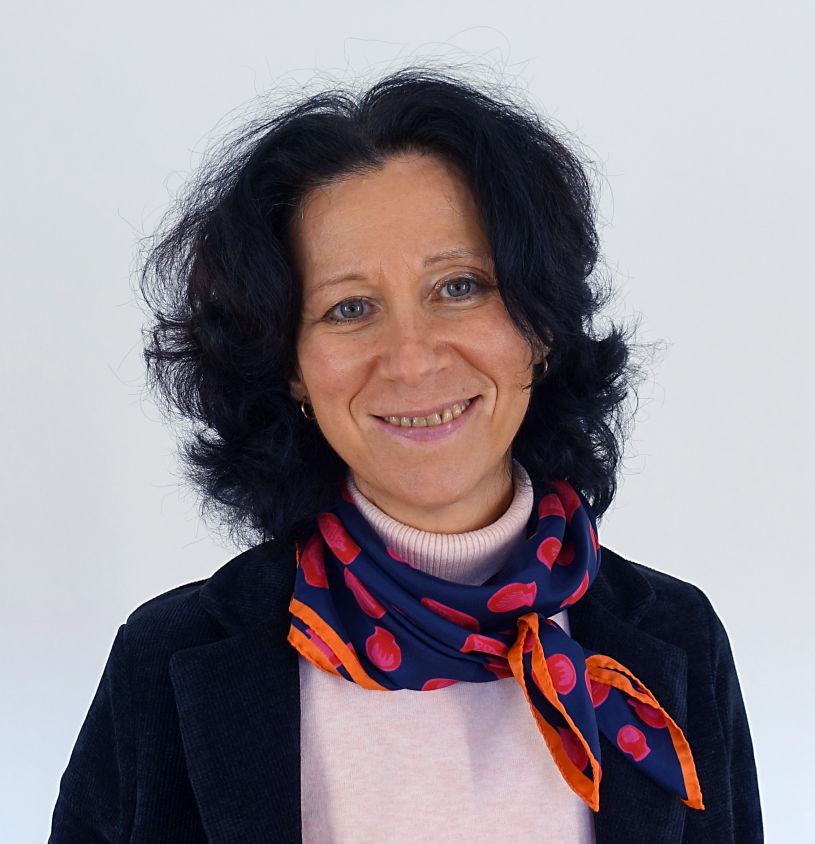Keynote Speaker
Biography
Hélène Olivier-Bourbigou obtained her PhD in Chemistry from the University of Paris VI under the guidance of Prof. Henri Kagan and Yves Chauvin in 1988. She joined IFP Energies nouvelles (IFPEN) in 1989 where she has been the leader of different projects combining fundamental studies and the development of new industrial processes in the field of catalysis for energy and chemistry. In 2020 she joined the IFPEN Scientific management as program manager to coordinate the overall fundamental research. Her scientific and technical achievements focus on highly competitive areas with special emphasis on the design of new homogeneous catalytic systems and the development of eco-efficient and more sustainable processes. She was one of the pioneers in the design and applications of ionic liquids. As a result of 30 years of intense research on Catalysis, Hélène Olivier-Bourbigou has published about 100 research articles including 8 reviews and 16 book chapters. She holds more than 95 patents. She has been recognized for these contributions by the Irène Joliot Curie Award «Scientific Woman of the Year» in 2014, EFCATS “Applied Catalysis” Award, “Grand Prix Pierre Süe” from Société Chimique de France and the “Grand prix Codron” - Fondation Codron Fautz / Fondation de l’Institut de France in 2021. She is member of the French “Académie des technologies”.
<Home
Towards Decarbonization of Industry: Focus on Carbon Capture, Storage, and Conversion into Low Carbon Fuels
H. Olivier-Bourbigou1, F. Delprat-Jannaud1, J.P. Heraud2

Reference
[1] L. Raynal et al., Chemical Engineering Journal, 171, 3, 742 (2011).
[2] P. Broutinet al., Energy Procedia, 114, 2561 (2017).
[3] Y. Bernardet al., Decarbonization Technology, May 2022, 61 (2022).

